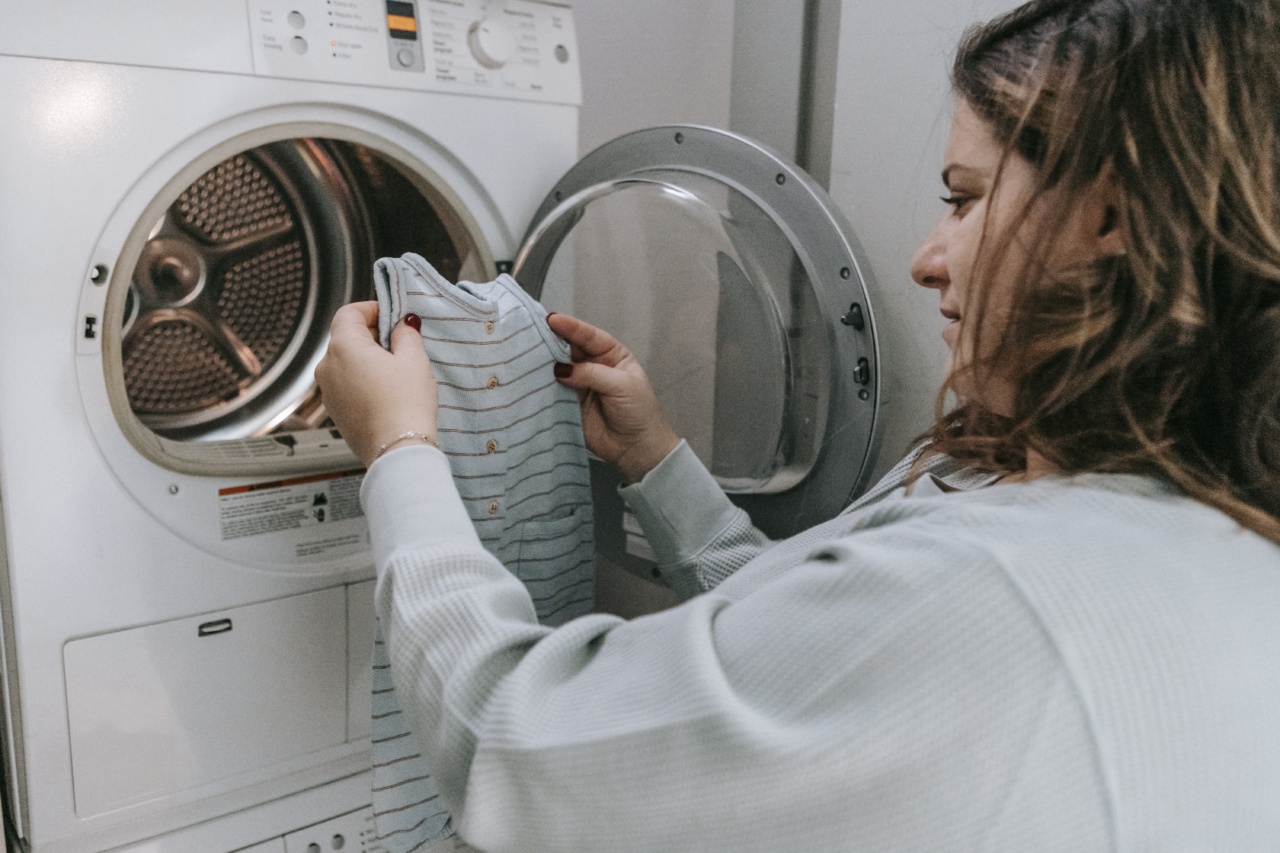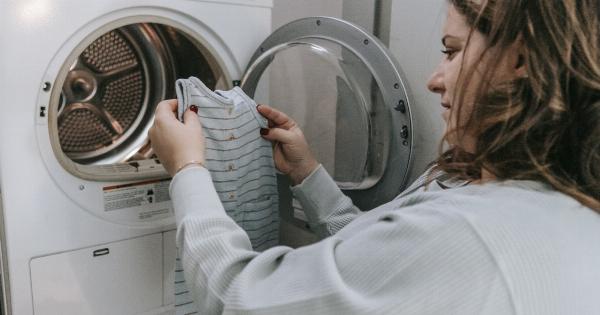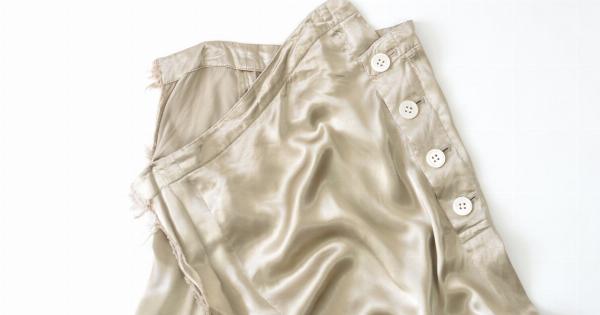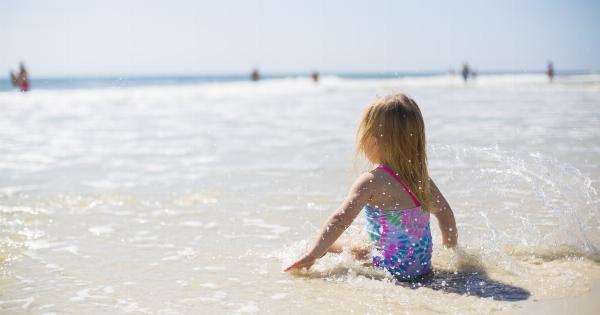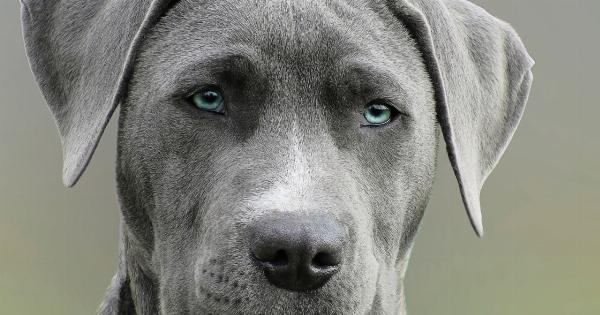Babies are delicate human beings, and they require extra attention and care. Their skin is sensitive, and so their clothing should be soft, clean, and free from any harmful chemicals or bacteria.
One common question among parents is, what temperature is best for washing baby clothes? The answer is, it depends.
Why is it important to wash baby clothes at the right temperature?
Babies have delicate skin that is thinner and more vulnerable than adult skin. They are more susceptible to rashes, irritations, and allergies.
Therefore, it is crucial to wash their clothes at the right temperature to avoid any harm that may result from harsh detergents, bacteria, or fungi. Also, washing clothes at the right temperature helps to eliminate any stains, odors, or bacteria that may cause infections or skin irritations.
What are the different temperatures that you can use to wash baby clothes?
There are various temperatures that you can use to wash baby clothes, depending on the type of fabric, stains, and bacteria. Some common washing temperatures include:.
- Cold water: This is the lowest washing temperature, usually below 60°F. It is suitable for delicate fabrics that do not require high temperature such as wool, silk, or rayon. Also, you can use cold water for lightly soiled clothes or washable diapers to avoid shrinking or damaging them.
- Warm water: This is a moderate washing temperature, usually between 90°F to 110°F. Warm water is suitable for washing cotton, linen, or polyester clothes that are moderately soiled, and it helps to remove stubborn stains and bacteria.
- Hot water: This is a high washing temperature, usually above 130°F. It is suitable for heavily soiled clothes, towels, or beddings that require high temperature to eliminate bacteria, viruses, or fungus. However, you should avoid using hot water for delicate fabrics or clothes with prints and colors as it may cause fading or damage.
What factors should you consider when washing baby clothes?
While washing baby clothes, there are several factors that you should consider to ensure that you do it safely and effectively. They include:.
- Fabric: Depending on the type of fabric, you should use the appropriate washing temperature and detergent. For instance, cotton clothes may require hot water and strong detergents to eliminate stains, while silk may require cold water and gentle detergents.
- Stains and odors: If the baby clothes have stubborn stains or odors, you may need to use a higher washing temperature and pre-treatment with stain removers or vinegar. However, you should ensure that the detergents or removers are safe for baby clothes.
- Bacteria and infections: If the baby has a contagious illness such as flu, vomit, or diarrhea, you should wash their clothes with hot water and disinfectant to kill any germs. Also, you should avoid washing the baby’s clothes with other family members’ clothes to prevent cross-contamination.
- Age and size of the baby: Younger babies who are prone to spit-ups, diaper leaks, or drooling may require frequent washing of their clothes at a moderate temperature. However, as the baby grows and becomes less messy, you can reduce the frequency of washing and increase the temperature.
- Environment: Depending on the climate and weather, you may need to adjust the washing temperature and frequency of the baby’s clothes. For instance, during hot summers, you may need to wash the baby’s clothes more frequently with cold or warm water to prevent skin irritation.
What are the recommended detergents for washing baby clothes?
The type of detergent that you use to wash baby clothes can affect their skin and overall health. Therefore, you should use mild and gentle detergents that are free from harsh chemicals, fragrances, or dyes.
Some of the recommended detergents for washing baby clothes include:.
- Dreft: This detergent is specially formulated for washing baby clothes and is pH-neutral and hypoallergenic. It is ideal for both regular and HE washing machines.
- Seventh Generation Baby Laundry Detergent: This detergent is made from plant-based ingredients and is free from dyes, fragrances, and optical brighteners. It is ideal for babies with sensitive skin.
- All Free Clear: This detergent is recommended by dermatologists and pediatricians and is free from fragrances, dyes, and harsh chemicals. It is ideal for both baby and adult clothes.
How should you dry baby clothes after washing?
After washing baby clothes, you should dry them appropriately to avoid shrinking, damage, or contamination by bacteria or fungus. Some tips on how to dry baby clothes include:.
- Line drying: This is the most natural way to dry baby clothes, especially if you live in a warm and sunny climate. Hang the clothes on a clothesline or drying rack and allow them to air dry.
- Tumble drying: If you use a dryer, you should select the appropriate temperature and cycle depending on the type of fabric. High heat is suitable for cotton, while low heat is suitable for delicate fabrics such as silk and rayon.
- Avoid direct sunlight: Avoid drying baby clothes under direct sunlight as this may cause fading or damage to the fabrics.
- Ironing: If you need to iron the baby’s clothes, use a low-heat setting and iron on the reverse side to avoid damaging the prints or colors.
In conclusion
Washing baby clothes at the right temperature is crucial for maintaining their hygiene, health, and comfort. Depending on the type of fabric, stains, and bacteria, you can use cold, warm, or hot water to wash the clothes.
Also, you should consider the factors such as detergent, age, size, environment, and drying method to ensure that you wash the baby’s clothes safely and effectively. By using the appropriate temperature, detergent, and drying method, you can keep your baby’s clothes soft, clean, and free from any harmful chemicals or bacteria.
